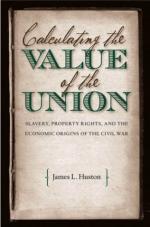|
This section contains 3,510 words (approx. 12 pages at 300 words per page) |

|
The institution of property has interested social philosophers in part, at least, because it raises issues of justice. Like government, it is practically universal but varies enough in its particular arrangements to suggest the question What criteria are relevant in assessing the relative merits of various arrangements? Again, because it discriminates between rights and fortune, it invites moral criticism and the demand for justification.
Many of the classical accounts of the origin and function of private property have taken for granted that in nature all things were held "in common." This phrase, however, is ambiguous, for it often meant not a system regulating the use of goods by general agreement but a condition where, there being no rules, everything was res nullius (a thing belonging to no one) and the concept "property" was consequently irrelevant. How, then, it was asked, would humans come to appropriate the land and...
|
This section contains 3,510 words (approx. 12 pages at 300 words per page) |

|


